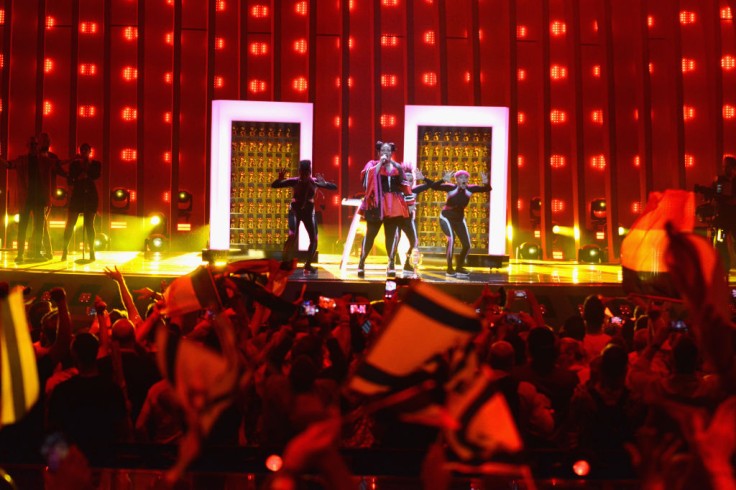
Like the canceled Russian and Ukrainian concert tours, Eurovision 2022 also made the headlines this week because of the huge part of the contest on the European community.
With the international political fiasco the two countries are embroiled currently, the European singing contest has to make some important decisions.
At the height of the Russian aggression towards Ukraine, the European Broadcasting Union (EBU) has welcomed Russia as a participant in this year's Eurovision contest.
Are countries pulling out?
As per the EBU, they have described the Eurovision Song Contest as "a non-political cultural event which unites nations and celebrates diversity through music."
However, the EBU's decision received backlash among fans and also from Swedish state broadcasters who have condemned the statement.
"I sympathize with the basic idea of Eurovision as an apolitical event. But the situation in Europe is extremely serious with Russia's invasion of Ukraine. It crosses all boundaries," SVT CEO Hanna Stjärne expounds.
Other participating countries also followed suit, threatening to withdraw from the contest should the EBU not revoke their decision.
Metro UK reported that Finland has said they would not send a representative if Russia is permitted to compete.
Similarly, Iceland, Norway, and the Netherlands have urged the EBU to rethink its decision.
Musicians such as Citi Zeni of Latvia have made personal appeals to the EBU to revoke Russia's participation in the contest.
But last February 25, a day after Russian war tanks entered the Ukrainian border, the EBU issued a new statement retracting their previous one.
The EBU has issued the statement below regarding Russia's participation in the Eurovision Song Contest 2022
— EBU (@EBU_HQ) February 25, 2022
Find it online here➡️https://t.co/5xXIYUNmXO#Eurovision #ESC2022 pic.twitter.com/OGjQKtiZfm
"The decision reflects the concern that, in light of the unprecedented crisis in Ukraine, the inclusion of a Russian entry in this year's Contest would bring the competition into disrepute," the statement reads.
Fans received the new statement well, but some were skeptical why it took so long for the board to decide.
Previous issue with Russia
Eurovision prides itself on being "an extremely non-political cultural event." In 2014, the contest introduced "anti-booing technology" to prevent crowds from directing boos to Russian acts.
The Tolmachevy Twins, who represented Russia in the 2014 World Championships in Copenhagen, were booed frequently throughout their performance in the final.
As opposed to responding to their inoffensive song "Shine," which finished seventh in the competition, the boos were seen as an assault on Russia's role in the Ukraine crisis and the country's contentious anti-gay legislation.
© 2025 MusicTimes.com All rights reserved. Do not reproduce without permission.







